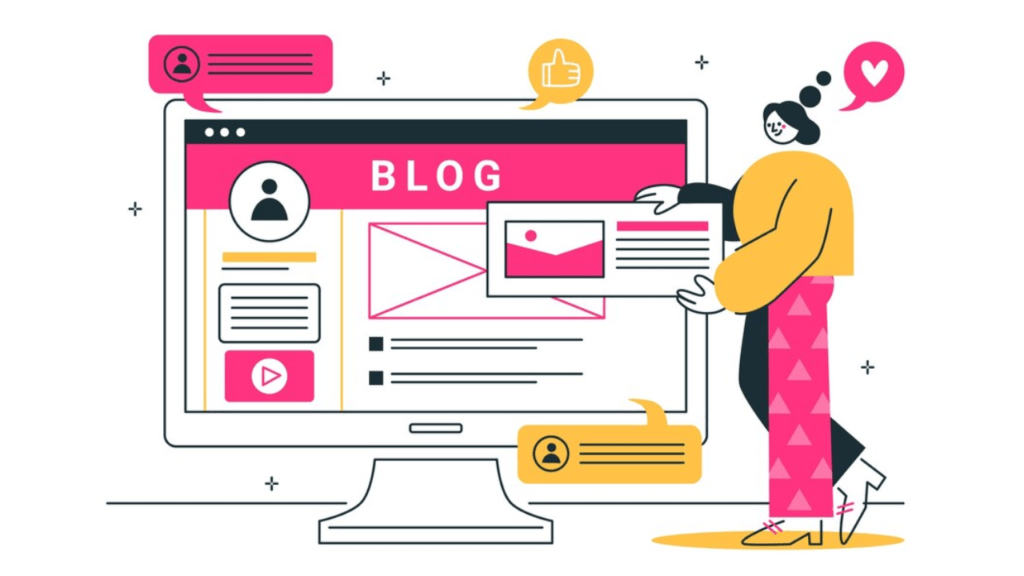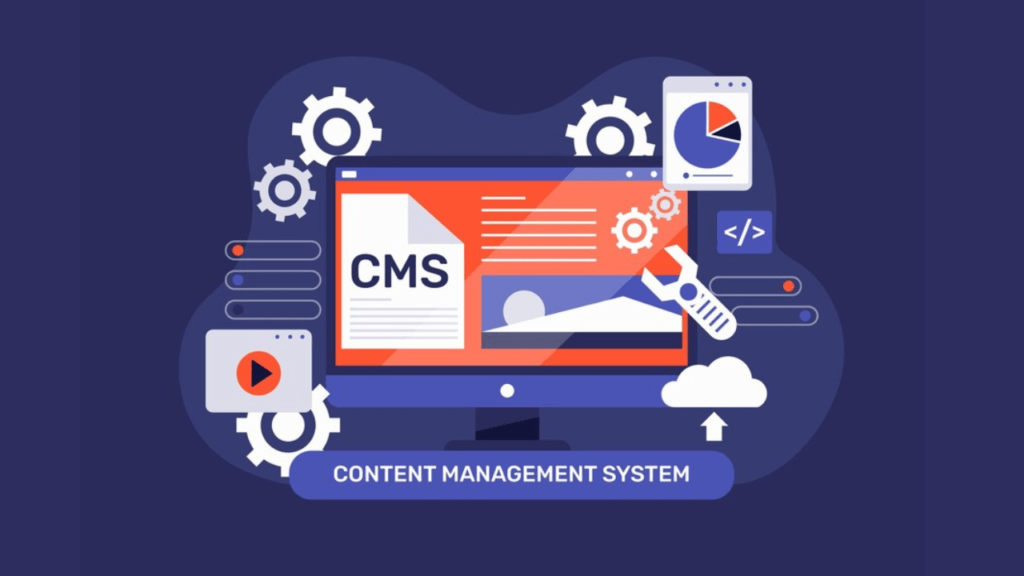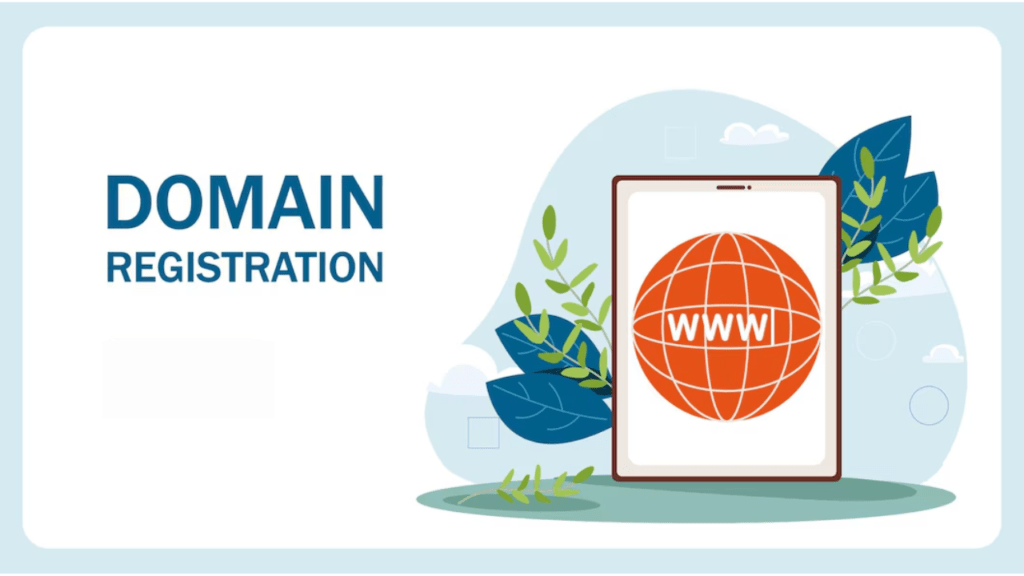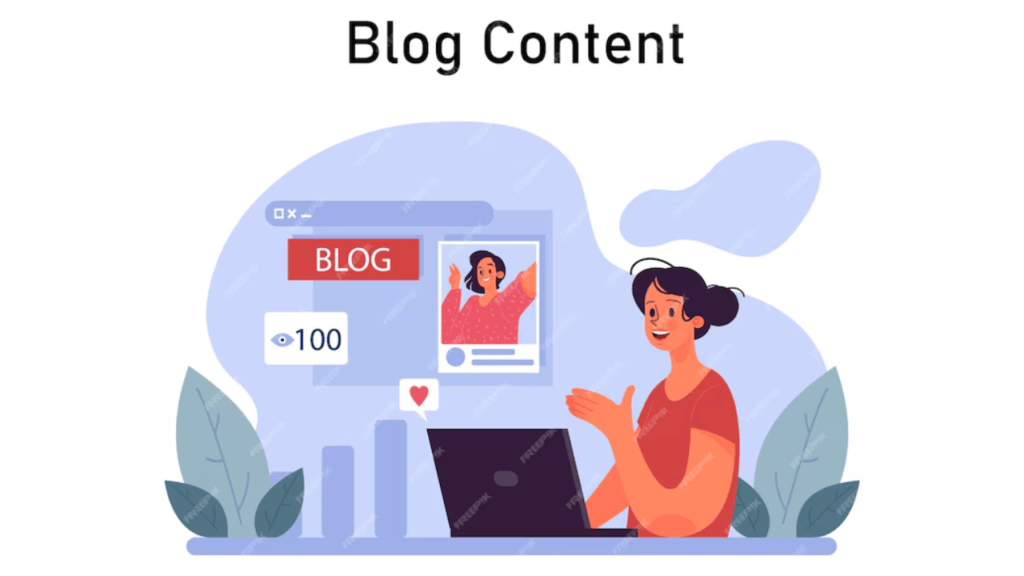
Starting a blog can feel both exciting and overwhelming. Whether you aim to share your passions, establish a brand, or build a business, blogging opens endless opportunities. For beginners, the process might seem complex, but with the right guidance, anyone can become a successful blogger. This article breaks down everything you need to know about blogging for beginners, helping you start your journey confidently.
What is Blogging?
Blogging refers to creating and maintaining a website or online journal, where you regularly post written content known as “blog posts.” Each post can focus on a specific topic or theme, allowing you to connect with an audience, share knowledge, and even monetize your efforts.
For beginners, blogging provides a platform to develop writing skills, express creativity, and establish authority in a niche.
Why Should Beginners Start Blogging?
Blogging isn’t just about writing; it’s about creating value for readers. Here are some key reasons why starting a blog is worthwhile:
- Share Your Expertise: Build a platform to showcase your knowledge and skills.
- Personal Development: Improve your writing, research, and critical thinking abilities.
- Earn Income: Blogs can generate revenue through ads, sponsored posts, and affiliate marketing.
- Build a Network: Connect with like-minded individuals or professionals in your field.
Choosing a Blogging Platform

The first step in blogging for beginners is selecting the right platform. Popular platforms include:
- WordPress.org: A self-hosted platform offering flexibility and control.
- Blogger: Beginner-friendly and easy to use, though with fewer customization options.
- Wix: Drag-and-drop simplicity with design-focused templates.
- Squarespace: Ideal for visually appealing blogs, often used by artists and designers.
WordPress.org is highly recommended for its scalability and functionality.
Selecting a Blog Niche

Your niche is the focus area of your blog. As a beginner, it’s essential to choose a niche you’re passionate about and that has audience potential. Some popular niches include:
- Travel
- Food and Recipes
- Personal Finance
- Technology Reviews
- Lifestyle and Wellness
Setting Up Your Blog
1. Pick a Domain Name

Your domain name is your blog’s address on the internet (e.g., www.techyuni.com). Choose something:
- Memorable
- Relevant to your niche
- Easy to spell and type
2. Purchase Web Hosting
Web hosting ensures your blog is accessible online. Reliable providers for beginners include Bluehost, SiteGround, and HostGator.
3. Install Your Blogging Platform
Most hosting providers offer one-click installations for platforms like WordPress.
4. Customize Your Blog Design
Choose a theme that aligns with your blog’s purpose and customize it to reflect your brand.
Creating Your First Blog Post
Your first post is a milestone! Follow these steps to make it engaging:
- Pick a Topic: Write about something you’re passionate about and knowledgeable about.
- Craft a Catchy Title: A good title grabs attention and hints at the content.
- Write with Your Audience in Mind: Use simple language, break content into sections, and address readers’ needs.
- Add Visuals: Images, videos, and infographics enhance the reading experience.
- Proofread: Check for grammar and spelling errors before publishing.
Understanding SEO for Beginners

Search Engine Optimization (SEO) is critical for driving traffic to your blog. Here’s a simplified approach:
- Keyword Research: Identify terms your audience searches for and incorporate them naturally in your content.
- Optimize Titles and Headings: Use keywords in titles, meta descriptions, and headings.
- Write High-Quality Content: Valuable, unique content ranks higher on search engines.
- Internal Linking: Link to your blog posts to improve navigation and engagement.
- External Linking: Cite reputable sources to establish authority.
Promoting Your Blog

Once your blog is live, it’s time to grow your audience. Effective promotion strategies include:
- Social Media Marketing: Share your posts on platforms like Instagram, Twitter, and Pinterest.
- Email Newsletters: Build a mailing list to keep your readers informed of new content.
- Guest Posting: Write posts for other blogs to reach wider audiences.
- Engage in Communities: Engage with forums and groups that are relevant to your niche
Monetizing Your Blog
For beginners, blogging can evolve into a lucrative venture. Here are some ways to earn:
- Ads: Partner with networks like Google AdSense to display ads on your site.
- Affiliate Marketing: Promote products and earn a commission for every sale.
- Sponsored Posts: Work with sponsors for sponsored content.
- Sell Products: Offer digital downloads, courses, or physical goods directly through your blog.
Common Challenges for Blogging Beginners
While blogging is rewarding, it comes with challenges:
- Consistent Content Creation: Finding time and topics can be difficult.
- Technical Issues: Beginners may struggle with design and functionality.
- Building an Audience: Growing traffic takes time and effort.
Overcome these challenges by setting realistic goals, learning continuously, and staying persistent.
FAQs
What is the easiest platform for blogging beginners?
Blogger and Wix are beginner-friendly, but WordPress.org offers the most flexibility for long-term growth.
How often should a beginner blogger post?
Aim for one high-quality post per week to maintain consistency while managing time effectively.
Can I start a blog for free?
Yes, platforms like WordPress.com and Blogger offer free plans, but investing in a domain and hosting adds professionalism.
How long does it take for a blog to generate income?
It typically takes 6–12 months of consistent effort to earn a steady income.
What should a beginner blogger write about?
Choose a topic you’re passionate about that also has audience demand, such as travel, fitness, or personal development.
Is technical knowledge important for starting a blog?
No, current platforms are easy to use, and there are a ton of tutorials to help you on your journey.







